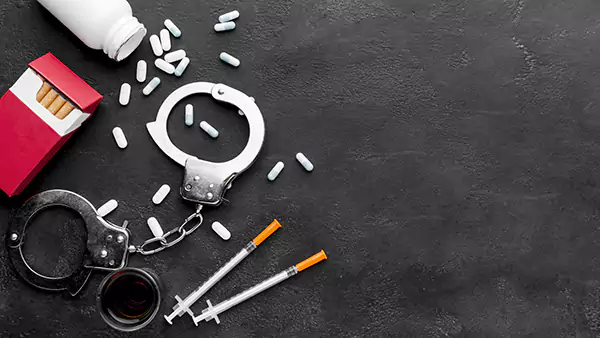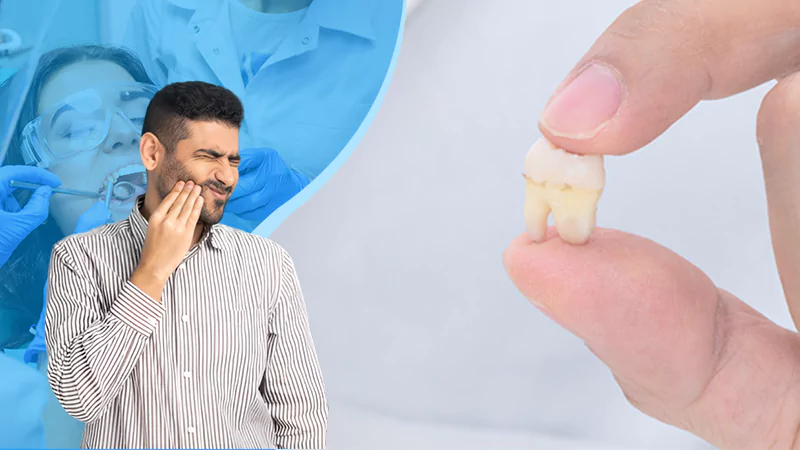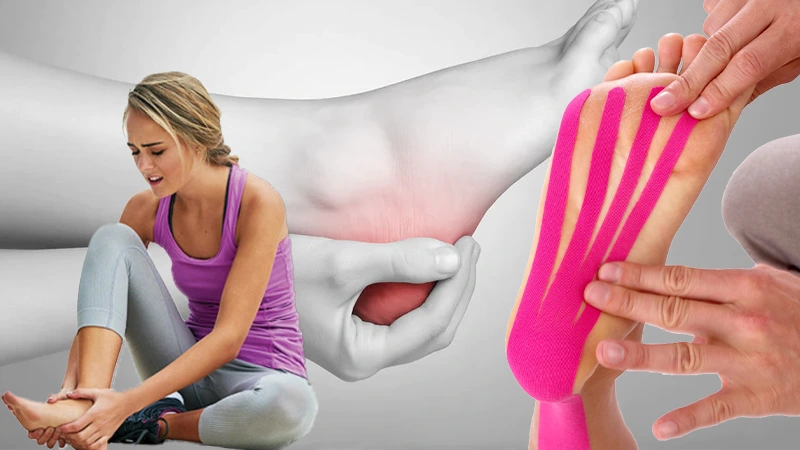The Road to Recovery: Understanding Substance Use Disorder and Overcoming Addiction
A mental illness that affects a person’s brain and behavior is called substance use disorder. This makes an individual unable to control their usage of stuff like drugs, alcohol, or medications. It can occur in a person from all walks of life, regardless of his age, gender, or, socioeconomic status. This psychic situation can cause significant physical, emotional, and psychological damage or even lead to fatal consequences sometimes.
While several treatment options are available for this condition, outpatient rehabs are often considered an effective and convenient way to seek recovery. In the article, we will delve into the concept of Outpatient Rehab, as well as discuss other strategies for overcoming addiction and achieving lasting restoration.
Causes of Substance Use Disorder
Substance use illness is a complex condition that can have various causes, some of which are given below.
- Mental diseases like depression, anxiety, or post-traumatic stress disorder can be one of the major contributing factors which can lead to an increased risk of illegal stuff use and habits.
- SUD can also alter brain chemistry and increase the chances of addiction.
- The ability of resistance in using substances can also be influenced by genetics, environment, or personal experiences.
Substance Use Disorders; Common Symptoms
This situation is a group of medical conditions involving the continued use of illegal stuff despite adverse consequences. The problem can be diagnosed by meeting six or more signs within a year. Some of the common indications of this disorder are listed below.
Physical Symptoms
- Medically significant damage in personal, social, and occupational areas of functioning.
- Chronic diseases like liver, heart, or respiratory system damage can occur.
- Infractions, malnutrition, and cognitive impairments can happen.
Behavioral Symptoms
- The patient may continue to use drugs despite consequences or may be having difficulty in reducing or stopping the use of it. The person can be seen spending excessive time obtaining and using drugs.
- Severe conditions can result in hazardous conduct, including needle-sharing and driving while under the influence, which can lead to serious health issues.
- These signs can degrade the quality of life and functioning of an individual. In such cases, a cure becomes necessary to stop the damage and achieve recovery.
Psychological Symptoms
- Co-occurring illnesses like anxiety or depression may be present in people with substance use disorder.
- This can cause sudden changes in mood and behavior, such as irritability and aggression.
- It can even lead to negative outcomes in personal life such as loss of employment, tension in relationships, etc.
Social Symptoms
- Neglecting basic responsibilities at work, college, or home.
- Losing interest in hobbies or activities that were previously loved.
- Isolating oneself from family and friends.
- Having conflicts with dear ones, friends, or coworkers.
- Having financial difficulties due to spending money on illegal stuff.
- Legal problems like arrests, and DUIs.
Types of Substance Abuse Treatment
There are numerous effective cures available for substance abuse recommended by the American Psychiatric Association that can be categorized into different types.
Inpatient Treatment Programs

This program is recommended by the National Institute on Drug Abuse (NIDA), which offers a highly structured and supervised approach to substance abuse recovery, typically involving residential treatment for people struggling with addictions.
Outpatient Treatment Programs
This program may be suitable for patients with mild indications and who have a supportive home environment, and can involve regular individual and group therapy sessions and family therapy sessions to address the impact of substance use on the family dynamic.
Medication-Assisted Treatment
Medication is an evidence-based approach to treating drug use that involves using prescription drugs to manage withdrawal signs and cravings and help in preventing relapse.
Holistic Treatment
Holistic options for substance abuse prioritize the comprehensive well-being of the patient to achieve the same effect of reducing drug use. This remedy includes a range of interventions like mindfulness practices, acupuncture, and nutritional therapy.
Behavioral Therapies
This technique can treat co-occurring mental health disorders with behavioral therapies like Cognitive and Dialectical behavioral therapy. These remedies are conducted by a psychic health professional.
Support Groups
Support groups are very helpful in providing valuable resources for patients with moderate symptoms. They offer a community that provides a supportive and non-judgmental environment that can boost the recovery process.
Dual Diagnosis Treatment
It is a specialized drug addiction cure that integrates medical care and mental health services. It helps patients with re-occurring problems.
Understanding the Stages of Recovery
Now we’ll take a look at the step-by-step guide about the phases of substance abuse repair, crucial in developing a successful cure plan.
The Pre-Contemplation Stage: Recognizing the Problem
The initial step involves recognizing problematic substance use, such as Opioid Use Disorder (OUD) or the use of illegal drugs, and examining the patient’s medical history.
The Contemplation Stage: Considering Change
During this phase, people with the disease begin to consider changes and start recognizing the need to control their addictions and cravings.
The Preparation Stage: Planning for Recovery
In the preparation stage, individuals seek remedy by planning and preparing themselves for the cure, which may involve getting lab tests done or finding a suitable treatment option.
The Action Stage: Making Changes
During this period, the patient may engage in self-help groups or therapeutic communities to help make significant lifestyle changes and maintain sobriety.
The Maintenance Stage: Sustaining Recovery
In the maintenance phase, individuals with this disorder engage in ongoing treatment to sustain their recovery and avoid destructive results associated with it.
The Relapse Stage: Managing Setbacks
Relapse of substance abuse repair involves new coping skills to manage setbacks and address developing tolerance.
The Termination Stage: Achieving Long-Term Recovery
The termination step means achieving long-term repair. It requires ongoing support from your healthcare provider, thorough evaluation, and participation in a support group.
Overcoming Common Challenges in Addiction Recovery
Cravings or withdrawal symptoms are the challenges of habit repair. In such cases, seeking help from a qualified mental health professional to assist with the improvement process becomes vital.
- During the process, your family members can play an important role in providing you with emotional support and encouragement.
- A reward system for achieving milestones can also be very helpful in the recovery journey and maintain motivation.
Overcoming addiction is a complicated and exhausting process that is influenced by various factors, including genes, environment, and social support. you can visit The Hader Clinic if you’d like to know more about addiction treatment.
Conclusion
In the end, a comprehensive strategy is required to conquer the craving, with the help of the Diagnostic and Statistical Manual of Mental Disorders, a physical examination, and a combination of evidence-based treatments.
Seek help from your family, friends, or psychic health professionals to overcome common challenges during recovery. People with these illnesses can lead a healthy and fulfilling life again by managing their addiction with good support, resources, and self-motivation.








